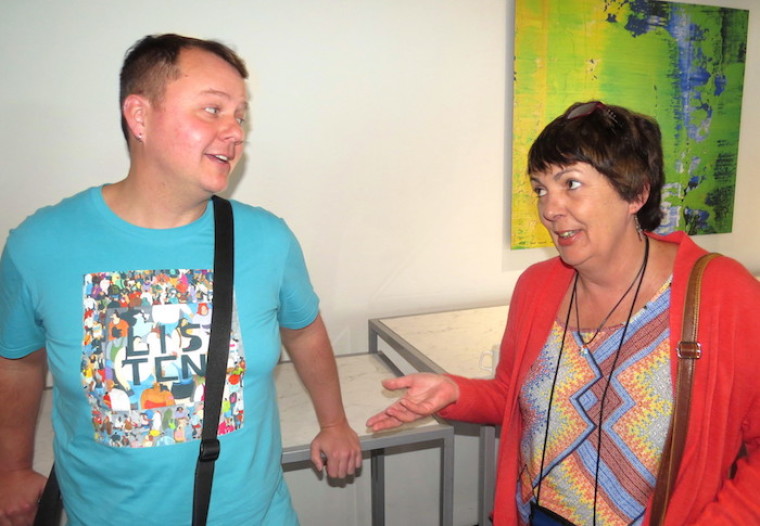

One of the most fascinating sessions at the Australasian Religious Press Association (ARPA) last weekend in Sydney centred on the sustainability of Christian online media, defined as professionally produced publications.
Further, this explanation relates as much to major Christian publications (denominational and major missions) as it does to niche market online publications that have a specific focus. The difference between them relates to financial issues as major publications require a range of well-established givens' – an editor, journalists, back room personnel such as marketing, accountant and legal. Nothing new in this.

But there are innumerable Christian online publications that by necessity - a one-person production and there is certainly nothing amiss with this. It has provided Christian output a remarkable plethora of Gospel media. The ARPA issue relates almost excursively to the former and where the money will come from in an internet world where the online advertising dollar is very limited and much, much smaller than was hard print. Major secular press' loss of advertising income is well established.
Hence a panel of ARPA personnel in a plenary session, chaired by Penny Mulvey from Crosslight UCA Victoria. Panel members:
Michael Collie of Sparklit,
Sophia Sinclair—chief editor of Press Service International,
Julie Belding—former NZ ARPA president and editor, and
Jenny Brinkworth—Southern Cross, Adelaide.

Michael Collie
Michael addressed this issue as a digital divide, not an issue of digital data, in that today we are curators of the creative agenda. Leadership, he suggested, was at the cutting edge of this venture into the future. Furthermore he explored the idea that sustainability of online Christian publications will by necessity focus on marginalised – both the third world and here at home. In this "chaplains" are at the cutting edge in public Christianity. Chaplains situational ministry is in the midst of people and their daily dramas. These people are becoming the online market place. Michael sees a great future for Christian online media but financing it remains a talking point.
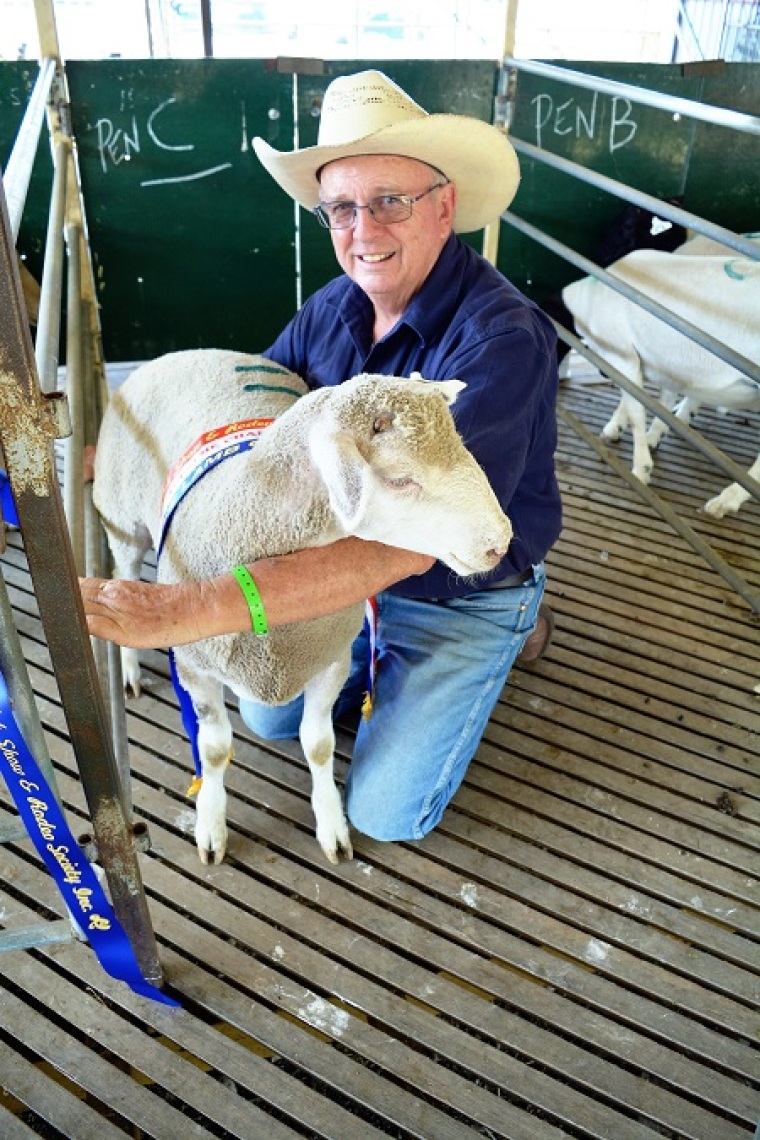
Sophia Sinclair
Sophia emphasised Press Service International's flexibility to work remotely in a digital age—an attribute which allows the collective of writers to move with changing mediums and models.
Press Service International works with volunteers, a collection of 'citizen journalists', by empowering them to share their Christian lives online through writing and storytelling. Sophia emphasised the strength of this focus on content and storytelling, as well as the focus on people—and relationship with one another.
Sophia also spoke about some of the challenges looking forward to the future of journalism. These included funding models and the pressure from advertisers to produce reader-driven content. She reminded the group that even video (good video, at least!) is scripted and edited. Word craft is important and will continue to be significant, even in a video-dominated world.

Julie Belding
Julie reflected on the changes she saw happening in ARPA and what the organisation might look like eight years from now, in 2024. She observed that the number of printed pages was shrinking as more and more publications were going digital in order to save money.
Julie predicted the language used in publications would become simpler, to steer readers through increasingly complex issues. There would be less Christian jargon, as biblical literacy among readers was no longer assumed. The story would become all important as people wanted increasingly to be entertained rather than preached at.
Production standards would be high, with glossy pages and top quality design (online and hard copy). ARPA's traditional constituency would need to become broader, if it was to survive. So there would be more alliances with similar but not identical organisations, such as Christian writers' networks and possibly even Christian book publishers. Could it also embrace editors of various Christian ethnic publications? This would be the next step forward.
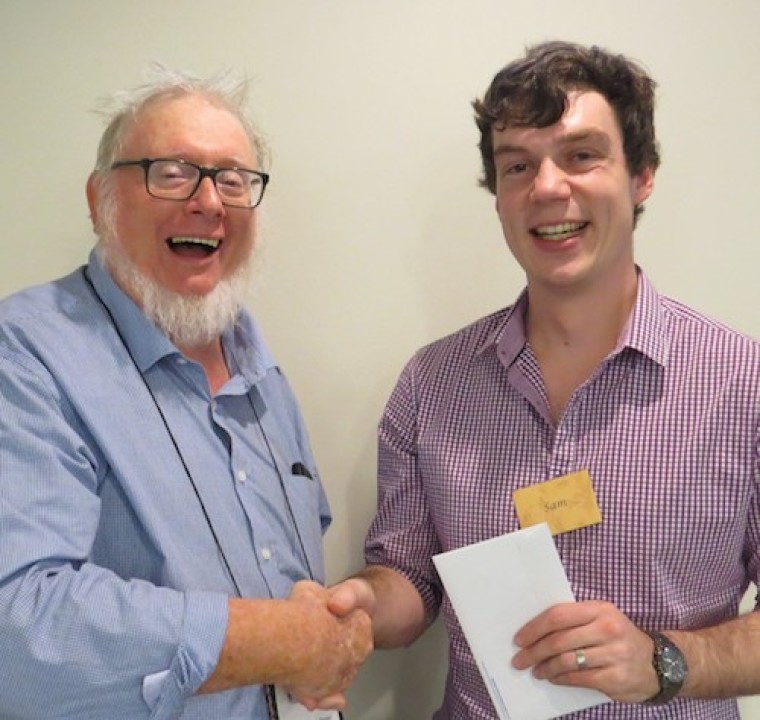
Jenny Brinkworth
As the editor of Southern Cross the South Australian Catholic media, where some of these issues are met within the diocesan budget, Jenny focused on local issues around parishes which for many Christians is the focal point of their Christian communications. This applies to both Catholic parishes and Protestant / Pentecostal churches / congregations.
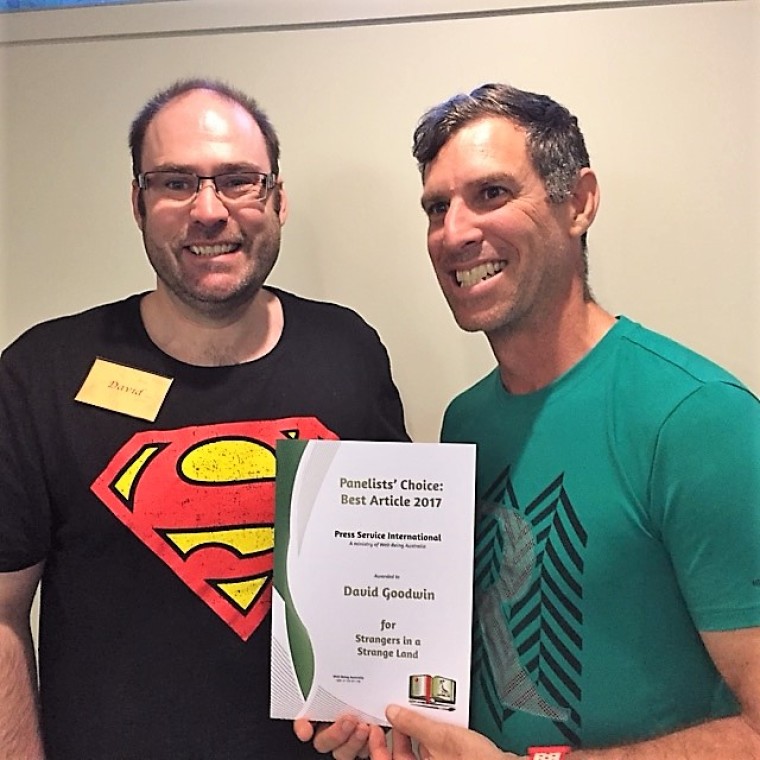
Summing up
There appeared to be three models of financing online Christian media. The first is through denominational coffers and pressure to increase their media budgets. The second is through philanthropists, business communities, Christian people who have the vision to help fund Christian online publications. This also includes trusts, foundations and bequeaths.
The third is a not so old paradigm but a fresh take in this Christian online media future, that is by faith finance with individuals giving handsomely on a regular, monthly or annual basis, just as they do now with missionary support. Already there are numerous people being funded in this way, no less Press Service International.
It was a remarkable session for which many of us at ARPA truly appreciated.
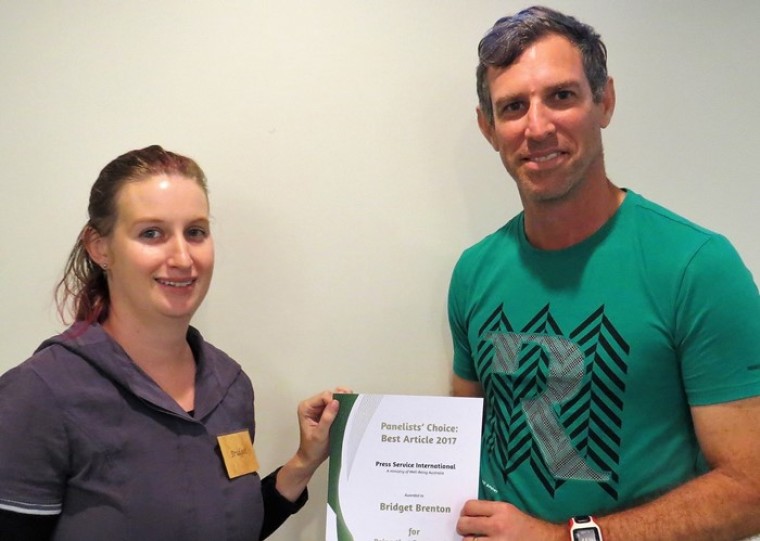
Dr Mark Tronson is a Baptist minister (retired) who served as the Australian cricket team chaplain for 17 years (2000 ret) and established Life After Cricket in 2001. He was recognised by the Olympic Ministry Medal in 2009 presented by Carl Lewis Olympian of the Century. He mentors young writers and has written 24 books, and enjoys writing. He is married to Delma, with four adult children and grand-children.
Mark Tronson's archive of articles can be viewed at http://www.pressserviceinternational.org/mark-tronson.html